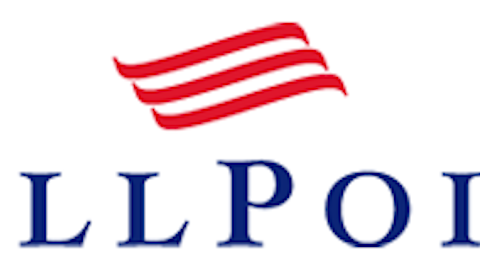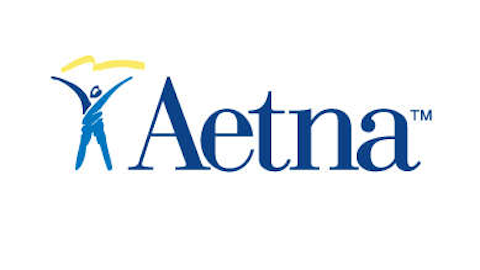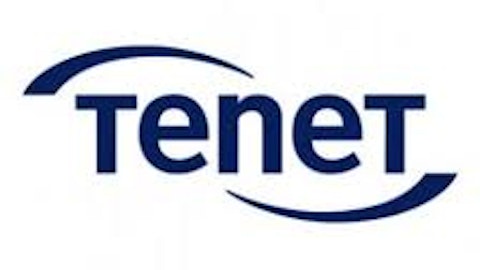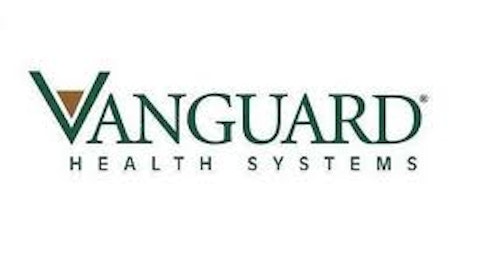The debate between both political parties over the merits of the Patient Protection and Affordable Care Act, also known as Obamacare, has been going on for the better part of four years now with little end in sight.
With the PPACA being passed by Congress in 2010 and upheld by the Supreme Court in 2012, the hope had been that both sides of the aisle would come together to aid in its implementation, but that’s been far from the case. We have less than 100 days to go until the state-run health exchanges effectively open for business and consumers become eligible to purchase health insurance through these exchanges, and pessimism in the transformative health care bill is only growing, according to the latest polls from Kaiser Health and Gallup.
Kaiser Health Tracking noted in June that only 35% of the public views the PPACA favorably, which was its lowest reading since October 2011. A more damaging poll on public pessimism was released yesterday by Gallup, which asked a random sample of 2,048 adults how Obamacare would affect their families’ health care situation. Of the respondents, just 22% expected an improvement, while nearly double — 42% — expected the bill to worsen it. When asked the same question but given the context of the nation as a whole, 47% of respondents expect the PPACA will worsen the health care system.
That’s certainly not encouraging news for a bill ultimately designed to expand health care coverage to lower-income individuals while simultaneously driving down costs through transparent competition on the state and government-run health exchanges.
Ultimately, it’s all about price
Up until now my subjective opinion of this pessimism had been based on the fact that there had to be a sizable minority of citizens that simply didn’t want insurance to be a mandate, or simply felt it was unnecessary for them. A Kaiser Health poll released last week appears to have completely debunked my thesis.

Source: Images Money, Flickr.
In its poll, Kaiser Health asked adults aged 18-64 whether health insurance was something that was very important to them. A whopping 87% of respondents said “yes” with only 2% commenting that insurance was “not important at all.” What I found particularly intriguing, though, was the breakdown between the insured and uninsured. 91% of insured respondents said insurance was “very important” to them compared to only 67% of the uninsured claiming the same.
Kaiser went on to further examine what the greatest objection of the uninsured was with regard to why they currently had no insurance. Of the respondents, 40% said it was “too expensive” with another 26% noting that their employment situation (e.g., being unemployed or employer not offering health insurance) was the root cause. Only 11% actually responded with the answer that they “didn’t need insurance.”
To me, this demonstrates one very key point about the uninsured — that it’s ultimately about costs. The uninsured are extremely worried and skeptical about the costs associated with Obamacare. Clearly, the majority of the uninsured would prefer to have health coverage, but at what cost is the great question!
A head-banging conundrum
Call it the maddening aspect of Obamacare, but just as the uninsured are among the most skeptical of Obamacare’s implementation, it’s also in line to be among its greatest beneficiaries.
In the same Kaiser Health Tracking poll, 40% of the uninsured answered “No” in regards to the question of whether health care was worth the money. However, the Medicaid expansion called for in Obamacare will serve to bring some 16 million currently uninsured, low-income individuals under the umbrella of government-run health care. Many others will qualify for a partial premium subsidy based on their income. In addition, Obamacare required that the minimum coverage offered by health-benefit providers be greatly beefed up and meet a higher standard, which should result in more encompassing care for the soon-to-be-insured.
The expected influx of Medicaid patients into the health care system is precisely what prompted WellPoint, Inc. (NYSE:WLP) to buy Amerigroup for $4.5 billion and CIGNA Corporation (NYSE:CI) to purchase Healthspring for $3.8 billion. Although Medicaid patients don’t drive the best margins, they are guaranteed income for health-benefits providers.
What we have here is a failure to communicate
To summarize, we have a large group of uninsured citizens that are skeptical about the costs of health insurance, and transformative health reform designed to bring many of these uninsured people easier — and in some cases, fully or partially subsidized — access to health care. What we have here is a failure to communicate between the Centers for Medicare and Medicaid Services and uninsured citizens.





